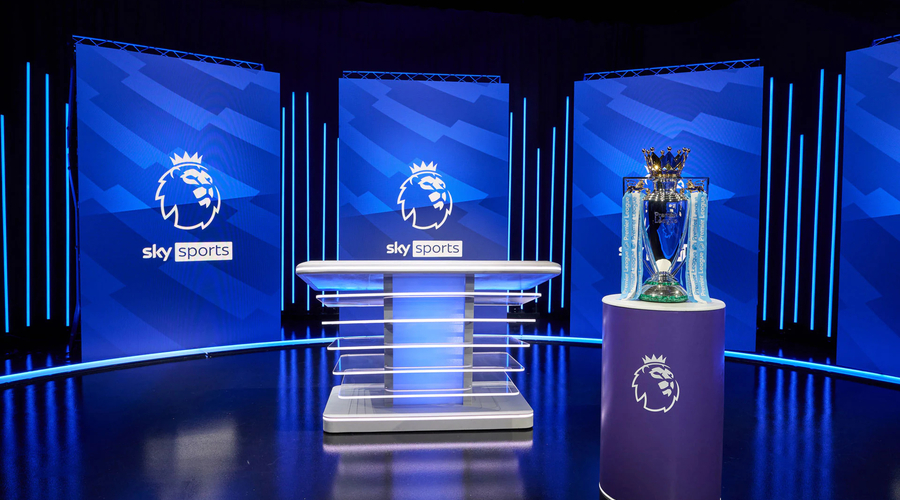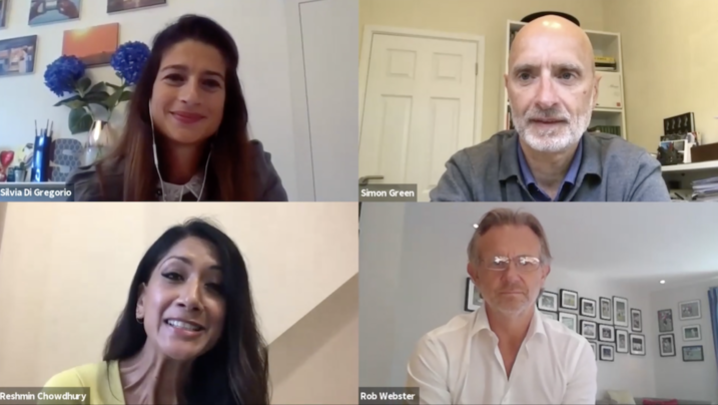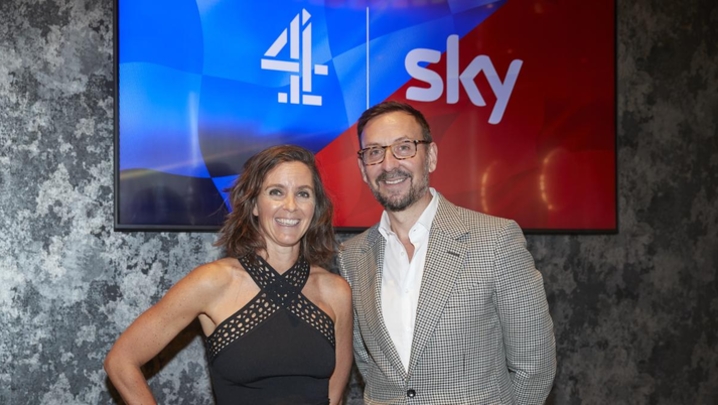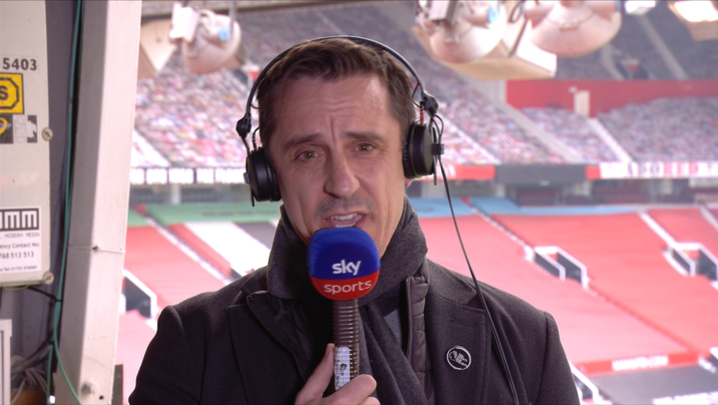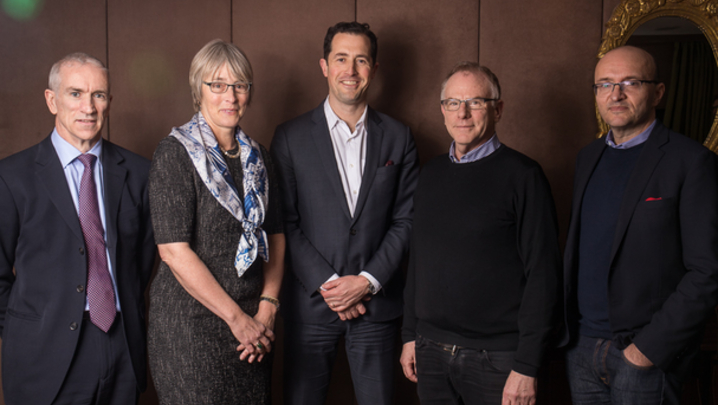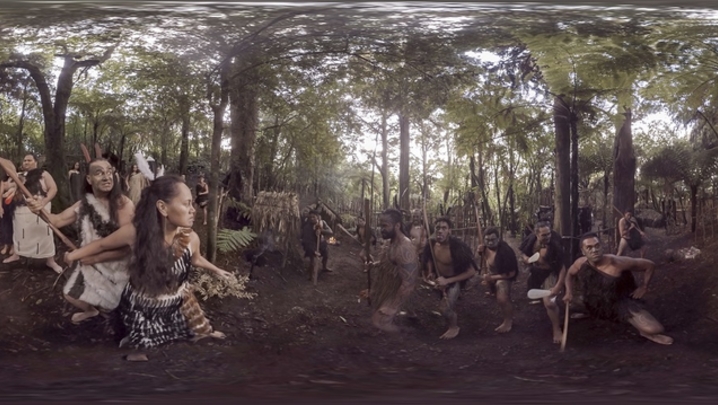The Premier League has agreed a new record £6.7bn UK TV rights deal with Sky Sports and TNT Sports (formerly BT Sport), to broadcast up to 270 live games a season.
The new deal will come into play from the 2025-26 season, and will cover four years. For the first time, all matches outside the Saturday 3.00pm blackout (a rule introduced in 1960 to prevent matches from being televised between 2.45pm and 5.25pm on that day) will be broadcast live.
Sky won four of the five packages to show a minimum of 215 matches a season, including all first pick matches. Sky Sports will therefore be the home of Saturday 5.30pm kick-offs, Sunday 2.00pm and 4.30pm kick-offs, plus Monday and Friday night fixtures and three midweek rounds.
TNT will show at least 52 matches a season, including all 12.30pm kick-offs and two midweek rounds.
Sky Sports will also broadcast all 10 matches live on the final day of the season, which the channel says should "create a real moment for fans."
Elsewhere, the BBC struck its own deal with the Premier League to extend its rights to the Premier League highlights.
This means the iconic free-to-air highlights programme Match Of The Day, which celebrates its 60th Anniversary in August 2024, will remain a staple of Saturday nights up to and including the 2028/29 season. The deal also includes MOTD2 and Football Focus.
Amazon, who currently show 20 matches per season in the existing deal, has not secured any of the new rights.
The Premier League's CEO, Richard Masters, says that "the outcome of this process underlines the strength of the Premier League and is testament to our clubs, players and managers who continue to deliver the world's most competitive football in full stadiums, and to supporters, who create an unrivalled atmosphere every week."
The deal sees Sky increase their coverage by 100 matches per season, which Dana Strong, Sky Group's CEO, heralds as a "fantastic result for Sky customers."
“We are proud of our long history with the Premier League and look forward to delivering more engagement, entertainment, and innovation to the end of the decade."

